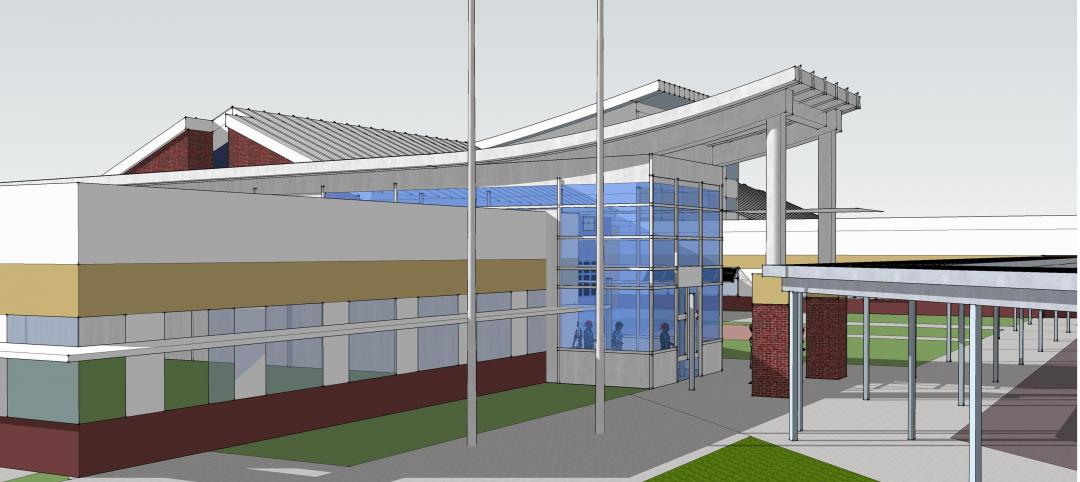Cities and states should mandate retrofits of inefficient buildings in order to meet the climate crisis, according to a new report by the American Council for an Energy-Efficient Economy (ACEEE).
Jurisdictions can require buildings to meet standards that cap their energy use or carbon emissions, the report says. If applied to two-thirds of existing buildings, these standards could reduce carbon emissions in 2050 by more than current annual emissions from all buildings, power plants, and vehicles in New York State. At current rates, however, most offices and homes will not be retrofitted for decades or even centuries.
“We have lots of good voluntary programs that help building owners improve energy efficiency, but the truth is they’re just not nearly enough when you look at the climate math,” said Steven Nadel, report co-author and executive director of ACEEE. “Most buildings today are going to be in use for decades to come. If we don’t put any limits on the carbon they’re responsible for, we’ll be locking in terrible climate impacts. Building performance standards are an effective response because policymakers set overall limits and let the building owners decide which upgrades they’re going to implement to meet them.”
The report calls on jurisdictions that set such policies to devote resources to educating building owners and managers, providing technical assistance, offering financing and incentives, and ensuring effective enforcement.
Related Stories
| May 25, 2012
Study: Safety inspections don’t hurt the bottom line
A new study suggests that random safety inspections by regulators help reduce injury claims without hurting profits.
| May 24, 2012
2012 Reconstruction Awards Entry Form
Download a PDF of the Entry Form at the bottom of this page.
| May 17, 2012
New standard for Structural Insulated Panels under development
ASTM International and NTA, Inc. are developing a new standard for Structural Insulated Panels (SIPs) that would create a path for U.S. manufacturers to meet the requirements of the Canadian building code.
| May 17, 2012
Webinar: ‘What Energy Codes and Standards Are Adopted Where and by Whom’
A June 12 webinar by the Construction Specifications Institute will outline what energy codes and standards have been adopted in each of the states for commercial buildings, and what is anticipated to be adopted in the future.
| May 17, 2012
California Governor orders new green standards on state buildings
California Gov. Jerry Brown issued an executive order recently that calls for all new or renovated state buildings of more than 10,000 sf to achieve LEED Silver or higher and incorporate clean, onsite power generation.
| May 17, 2012
New Zealand stadium roof collapse blamed on snow, construction defects
Heavy snowfall, construction defects, and design problems contributed to the collapse of the Stadium Southland roof in New Zealand in September 2010, a report has found.
| May 17, 2012
OSHA launches fall prevention campaign
The Occupational Safety and Health Administration (OSHA) recently launched an educational campaign to prevent deadly falls in the construction industry.
| May 15, 2012
Suffolk selected for Rosenwald Elementary modernization project
The 314-student station elementary school will undergo extensive modernization.













